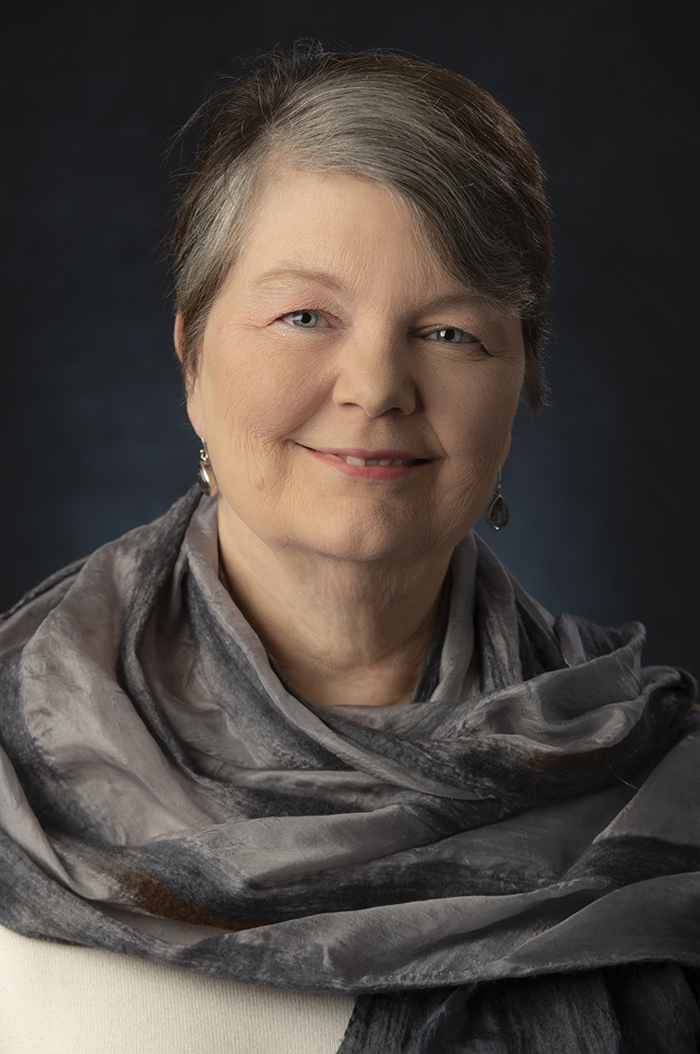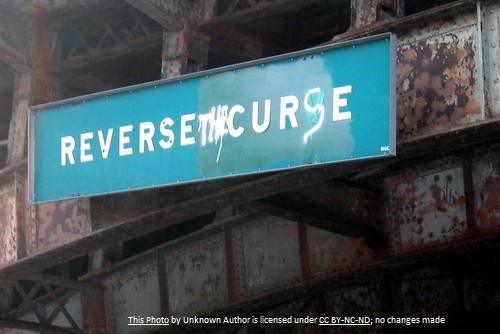By: Barbara Glesner Fines, Dean and Rubey M. Hulen Professor of Law, UMKC School of Law
During many Holloran Center Workshops since 2017, Jerry Organ (Co-Director of the Holloran Center) has asked participants to begin their exploration of professional identity formation with a simple question: “When did you first think of yourself as a lawyer?” Participants reflect on the question individually and then share their reflections. The question helps to highlight the development process that is identity formation and the key transitional moments in that process.
In a recent faculty workshop at my law school, we used that same exercise but with a slight variation. Participants were asked to think of an identity or a role that they have assumed as adults that is central to their concept of who they are. For many of us, parenthood is one such role, but we were encouraged to consider professional roles, including the one role we all had in common: “professor” or “teacher.” We were then asked to think back to one of the first times that we thought of ourselves as being or fitting into that role.
The identities shared varied widely: lawyer, teacher, mentor, public servant, military officer, and parent, among others. While the identities varied, the descriptions of the transformative moments that caused each of us to more fully assume that identity shared many characteristics.
Nearly all the incidents involved the awareness of significant responsibility for another. Whether it was the moment that a new parent brought their babies home from the hospital to the moment that a new attorney found strangers in a courthouse lobby asking for help, there was a realization that others were depending on us.
For many, the incidents had a sense of permanence as well—that the shift in our sense of self was not a momentary impression but a moment of transformation. This sense of movement might have been from outsider to insider, from observer to actor, or from one who follows to one who leads.
These moments often carried significant emotional weight as well. They were challenging, frightening, exhilarating, or confusing, but never mundane.
The process of reflecting on this question and sharing the reflections helped us to better understand the process of professional identity formation and to think more deeply about how we might guide our students along this path.
First, the exercise emphasized that, for most of us, transformative moments in professional identity formation came from an experience of acting in the role. That is not to say that formation never occurs in a classroom or in reading or listening, but transformative moments more often involve the emotional content that results from being given real responsibility to another. This realization led to a discussion of how we could provide or capture more of these high-impact experiences for our students.
Second, the exercise demonstrated the power of reflection as a pedagogy for identity formation. We saw that the process of reflection and discussion about identity and meaning were just as rigorous and had just as much impact as Socratic dialogue about the meaning of a legal doctrine. Not only did the exercise require reflection, but for many of us the transformative moments we were describing also included reflection as an integral component. “I remember thinking…” was a common phrase in the shared reflections. We discussed how we could more regularly incorporate reflection into our work with our students.
For faculty who are looking for helpful exercises to explore the meaning and practice of professional identity formation, this simple question accompanied by reflection can serve as an invaluable tool.
Please email me at bglesnerfines@umkc.edu if you have any questions or comments.

Barbara Glesner Fines is the Dean and Rubey M. Hulen Professor of Law at the University of Missouri-Kansas City School of Law.



